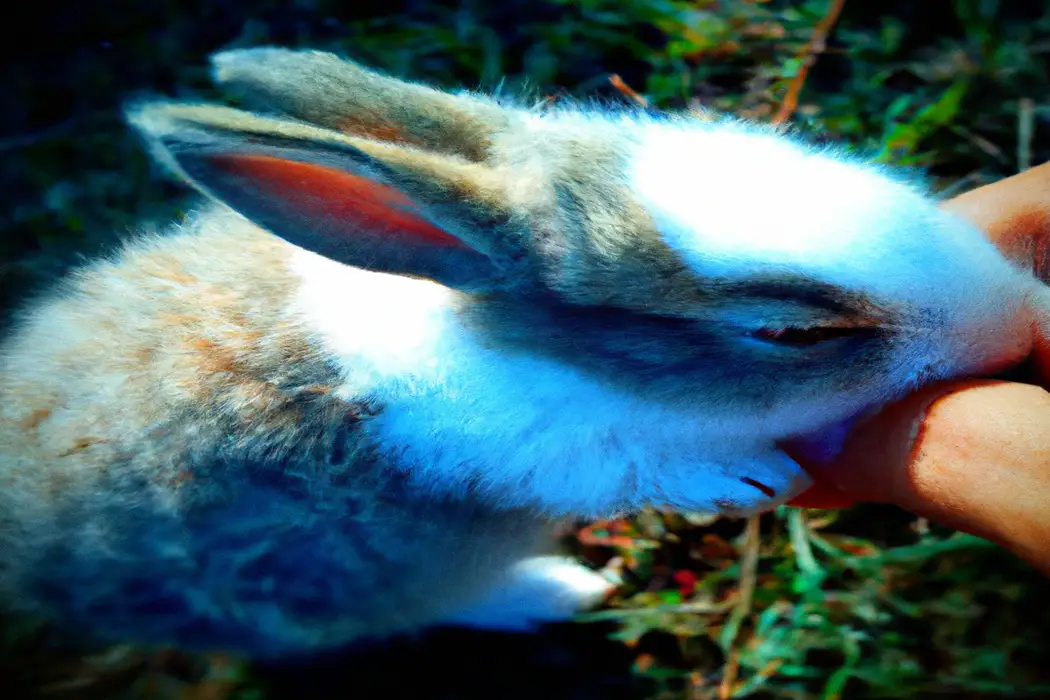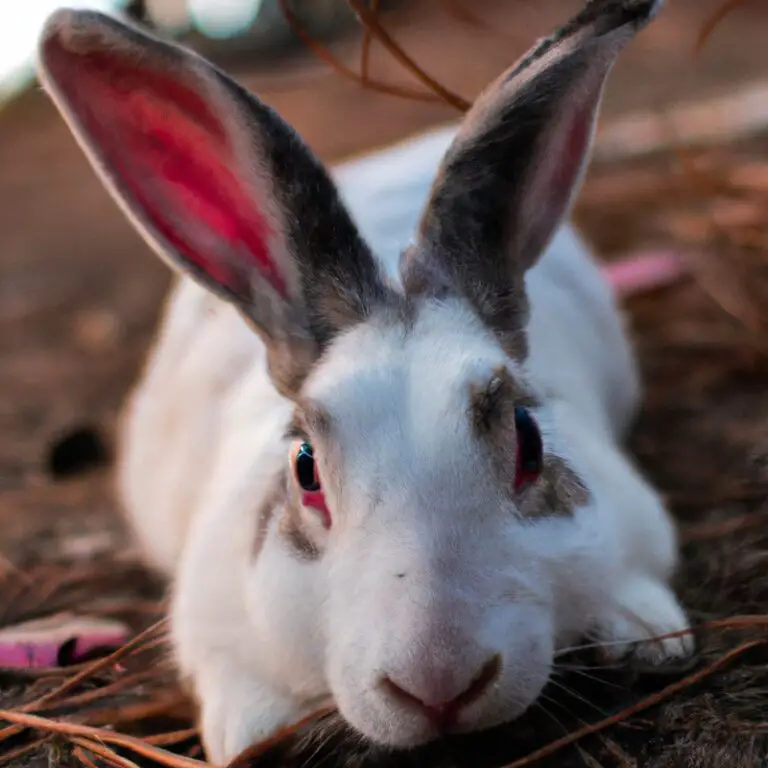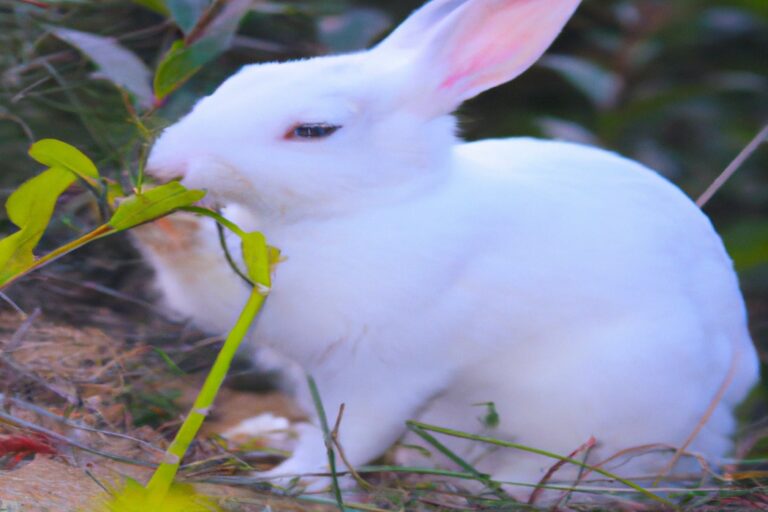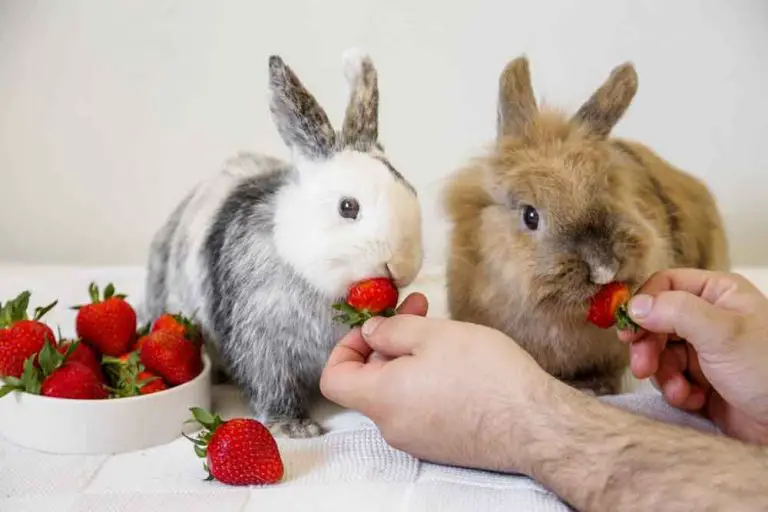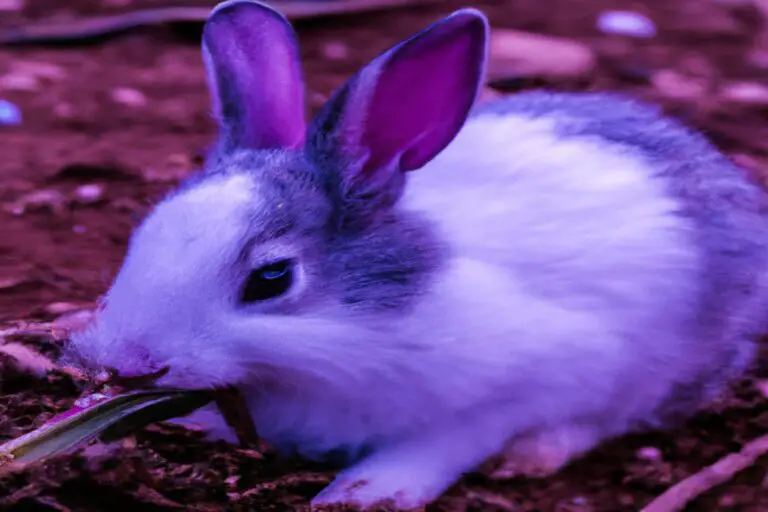What Do Rabbits Symbolize In Us? Discover the enchanting symbolism!
Key Takeaways:
- Rabbits symbolize fertility and abundance in the US.
- Rabbits are often associated with luck and good fortune.
- They can also represent innocence and vulnerability.
- In some cultures, rabbits are seen as a symbol of quick thinking and agility.
Have you ever wondered why rabbits hold such a fascinating place in American culture?
These fluffy creatures have long been associated with symbolism and meaning, making appearances in various aspects of our lives, from folklore to literature and even our dreams.
In this blog, we will explore the captivating world of rabbit symbolism in the United States.
Get ready to dive into Native American traditions, unravel the mystery of the “Easter Bunny,” and discover the symbolic connections between rabbits and luck, fertility, and rebirth.
Join me on this journey as we uncover the profound significance these adorable creatures hold in our society.
| Rabbits Symbolism |
|---|
| Rabbits symbolize: |
| 1. Fertility and sexuality |
| 2. Abundance and prosperity |
| 3. Agility and quickness |
| 4. Playfulness and curiosity |
| 5. Transformation and rebirth |
| 6. Luck and good fortune |
| 7. Intuition and sensitivity |
| 8. Harmony and balance |
| 9. Innocence and purity |
Rabbits in American culture
Rabbits hold a significant place in American culture, symbolizing springtime, fertility, and innocence.
Rabbit symbolism in Native American traditions
In Native American traditions, rabbits are often seen as symbols of fertility, rebirth, and abundance. They are also associated with agility, quick thinking, and cleverness.
The rabbit’s ability to reproduce quickly and adapt to different environments makes it a powerful symbol of fertility and the cycles of life.
Rabbits are often featured in Native American storytelling, where they are portrayed as resourceful and intelligent characters. They teach important lessons about survival, adaptability, and the balance between caution and bravery.

The “Easter Bunny” and its symbolism
The “Easter Bunny” is a beloved symbol associated with Easter in American culture.
It represents new life, fertility, and abundance.
The bunny’s role in delivering Easter eggs adds to the fun and excitement of the holiday for children.
Its symbolism can be traced back to ancient pagan traditions and has since been embraced and adapted in modern times.
The Easter Bunny serves as a joyful and playful embodiment of the Easter season, bringing delight to both young and old.
The association of rabbits with luck and fertility
Rabbits have long been associated with luck and fertility in various cultures, including American culture. These creatures are often seen as symbols of abundance and prosperity, as they are known for their ability to reproduce rapidly.
Additionally, rabbits are often considered lucky animals, with their presence believed to bring good fortune and positive energy.
Their association with luck and fertility can be seen in various traditions, folklore, and even in popular culture.

Rabbits in literature and popular culture
Rabbits have long been featured in literature and popular culture, often representing themes of curiosity, agility, and fertility.
The White Rabbit in Lewis Carroll’s “Alice’s Adventures in Wonderland”
In Lewis Carroll’s “Alice’s Adventures in Wonderland,” the White Rabbit plays a significant role.
The White Rabbit serves as Alice’s guide and sparks her curiosity, leading her into a whimsical and surreal world.
This character symbolizes time and its control over our lives.
The Rabbit’s constant rushing and obsession with punctuality reflects society’s obsession with time management.
As Alice follows the White Rabbit, she embarks on a journey of self-discovery and encounters various strange and enchanting characters.
The White Rabbit serves as a catalyst for Alice’s adventure, symbolizing the unpredictable nature of life and the pursuit of curiosity.
Watership Down: A story about rabbits and their symbolic meanings
“Watership Down” is a novel that tells the story of rabbits and explores their symbolic meanings. The rabbits in the story represent different aspects of human nature, such as courage, leadership, loyalty, and perseverance.
Each character embodies these qualities in unique ways, making the rabbits relatable and giving them deeper meaning.
The story also delves into themes of freedom, community, and the struggle to survive in the face of adversity. Through its rich symbolism, “Watership Down” offers readers a thought-provoking and memorable exploration of the human experience through the eyes of rabbits.
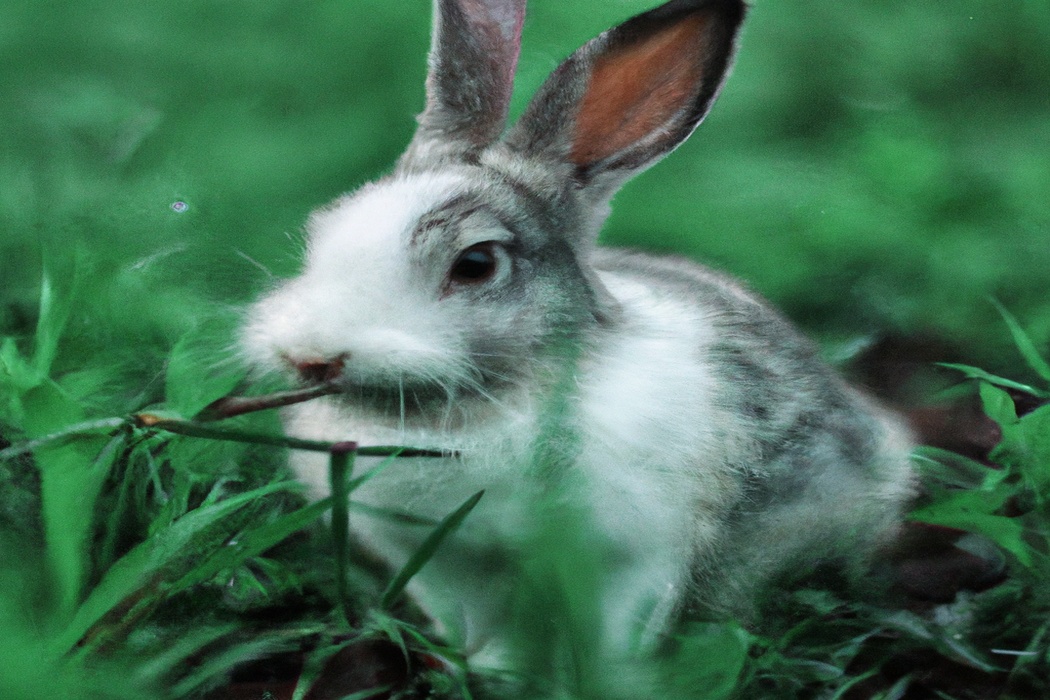
Rabbits as characters in children’s books and cartoons
Rabbits have long been popular characters in children’s books and cartoons.
They are often portrayed as cute, fluffy, and mischievous creatures that children can easily relate to.
From classic tales like “Peter Rabbit” by Beatrix Potter to modern favorites like “Winnie the Pooh” and “Zootopia,” rabbits capture the imagination of young readers and viewers.
These characters often embody traits like curiosity, innocence, and resourcefulness, making them endearing to children.
Additionally, rabbits are frequently used to teach valuable lessons about friendship, bravery, and the importance of family.
Their popularity in children’s literature and cartoons continues to endure, captivating new generations of young readers and viewers.
Rabbits in dreams and spirituality
When it comes to rabbits in dreams and spirituality, they hold various interpretations and spiritual significance across different belief systems.
Common interpretations of rabbit symbolism in dreams
Rabbits are often associated with fertility, abundance, and agility in dreams.
They can symbolize growth, new beginnings, and the ability to nurture.
Seeing a rabbit in a dream might suggest that you need to embrace your creative side or seize new opportunities.
Alternatively, a dream of a rabbit could represent fear or anxiety, maybe indicating the need to be more cautious or to hop onto a different path.
The interpretation of rabbit symbolism in dreams varies depending on individual experiences and emotions tied to rabbits.
The spiritual significance of rabbits in various belief systems
Rabbits hold spiritual significance in different belief systems around the world.
In many cultures, rabbits symbolize fertility, abundance, and creativity.
They are associated with the cycle of life, growth, and renewal.
In Native American traditions, rabbits often represent quick-thinking and agility.
In Chinese folklore, the rabbit is linked to the Moon and represents gentleness and longevity.
Overall, rabbits are seen as spiritual messengers of harmony, balance, and good fortune in various spiritual practices.
Frequently Asked Questions
What does it mean when a rabbit crosses your path?
When a rabbit crosses your path, it is often seen as a symbol of good luck and fertility. In many cultures, rabbits are associated with abundance, growth, and new beginnings.
They are also known for their agility and ability to navigate challenges with ease.
So, if you see a rabbit crossing your path, it might be a sign that opportunities and positive changes are on the horizon. Embrace the moment and trust that good things are coming your way.
Why are rabbits associated with spring and rebirth?
Rabbits are associated with spring and rebirth because of their rapid reproductive abilities. They are known for breeding prolifically, with a gestation period of only about a month.
This symbolizes new beginnings, growth, and fertility.
Additionally, rabbits are often seen in fields and gardens during the springtime, which is a time of renewal and rejuvenation in nature. Their presence during this season has led to their association with spring and the idea of rebirth.
Are rabbits considered lucky in all cultures?
Rabbits are not considered lucky in all cultures.
In some cultures, such as the Western culture, rabbits are associated with luck and fertility.
However, in other cultures, like the Japanese culture, rabbits are not necessarily seen as symbols of luck.
Symbolism can vary greatly across different cultures, so it’s important to understand the specific beliefs and traditions of each culture.
Final Verdict
In American culture, rabbits hold a variety of symbolic meanings that have been passed down through generations.
Native American traditions associate rabbits with abundance and fertility, while the “Easter Bunny” symbolizes joy and new beginnings.
Rabbits are also regarded as creatures of luck and fortune.
In literature and popular culture, they have been depicted in various ways, such as the White Rabbit in “Alice’s Adventures in Wonderland” and the characters in “Watership Down.” Furthermore, rabbits hold significance in dreams and spirituality, representing agility, growth, and spiritual guidance.
Their association with spring and rebirth adds to their symbolism.
Although not universally lucky, rabbits are considered favorable in many cultures due to their association with prosperity and reproduction.
In conclusion, rabbits are deeply rooted in American culture, representing concepts such as abundance, new beginnings, and luck.
Their symbolism is exemplified in Native American traditions, literature, popular culture, dreams, and various belief systems.
Whether it is the iconic “Easter Bunny,” the White Rabbit leading Alice on a magical journey, or the spiritual guidance they offer, rabbits continue to captivate our imagination.
Their association with fertility, growth, and agility makes them a symbol of hope and renewal, particularly during the spring season.
So, if you happen to spot a rabbit or encounter its symbolism, embrace the energy of prosperity and rebirth it represents.

